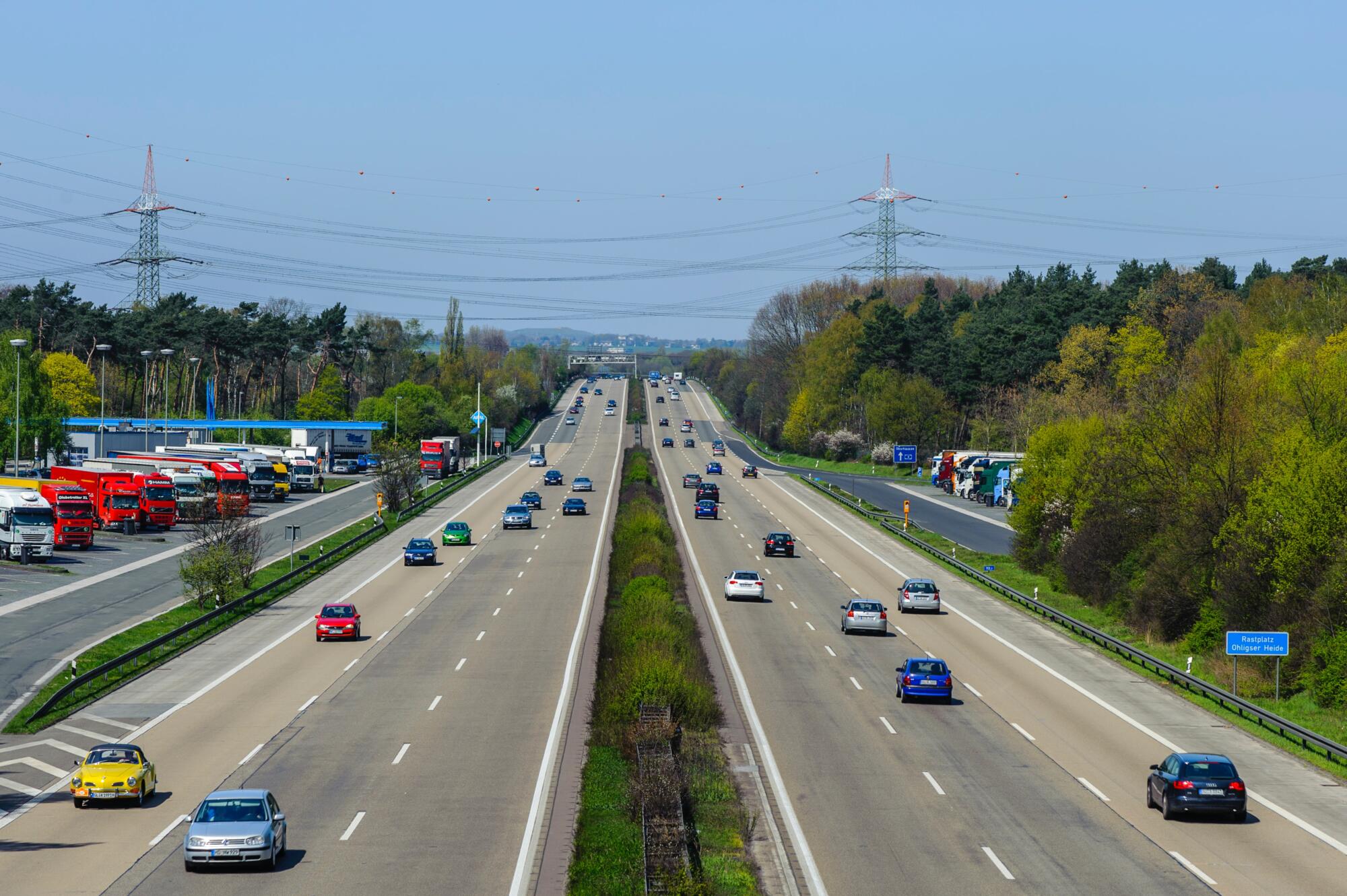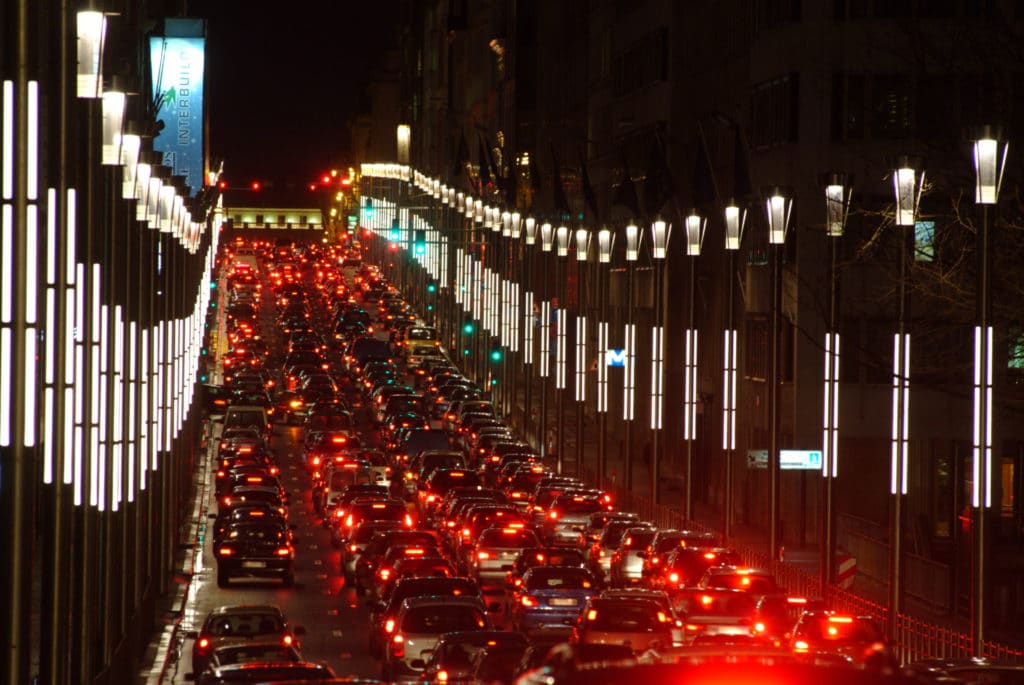Flanders' pioneering “green sensors” show vehicle emission worse than expected
The Belgian region of Flanders has found that many vehicles pollute more than expected using remote “green sensors”.
The technology allows for measurements to be made by sensors along the road to accurately determine the emissions of passing vehicles, specifically by comparing the emissions of different vehicle models.
The study, commissioned by the Flemish Environment Agency (VMM) and Flemish Minister for the Environment Zuhal Demir, recorded the emissions of over 200,000 vehicles on Flemish public roads. The results show that reducing emission fraud is key to improve air quality.
“In the future, the police will be able to use these remote sensing programs to remove fraudsters from traffic. Meanwhile, periodic inspections and roadside checks will also be stepped up to ensure that vehicles are not tampered with and that they continue to meet the standards,” said Demir in a press statement on Wednesday.
In Flanders, up to 1,800 people die prematurely every year because of nitrogen dioxide pollution, of which traffic in the region is the largest source.
From 1 July 2022, an improved particulate filter test will be introduced that is much better at detecting soot filter fraud, and a test procedure to tackle problems with nitrogen oxide emissions is being created to curb fraud by vehicle owners, who can be taken off the road by the police and road inspectorate in the future because of the remote sensor technology.
Based on this analysis, the evaluation of the Flemish Air Policy Plan 2030 could be considered by Federal Mobility and Public Works Minister Lydia Peeters.
Read the full article on The Brussels Times.
The full report of the study on remote green sensors in Flanders is available in English here.


